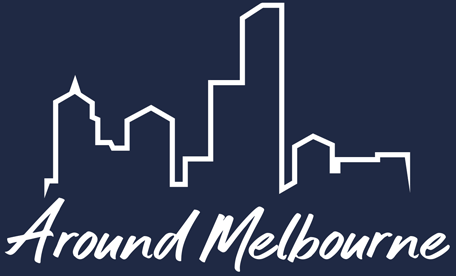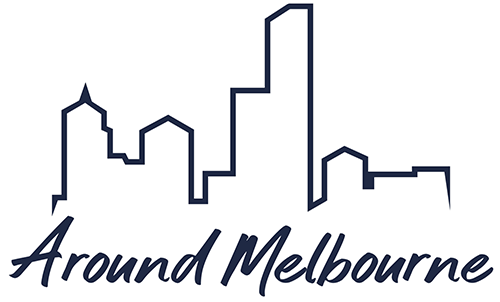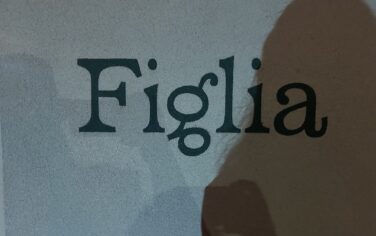Surfing the web has become as second nature to us as eating or sleeping. But while the internet has opened up limitless possibilities regarding how we work, study, or enjoy our leisure time, it has also heralded a new breed of threats and online safety concerns. And Australia is as vulnerable as every other nation when contending with these digital threats. So how do you keep yourself safe when accessing the web in a large city like Melbourne?
Thankfully, there are some easy ways you can help keep yourself safe when logging online in this big city, whether you’re a local in Melbourne or a tourist savouring the city’s unique flair. Here are six indispensable tips to help you enjoy a safe and efficient web browsing experience.
1. Don’t click on spammy links
The age-old adage ‘curiosity killed the cat’ takes on a whole new meaning when applied to how humans use the internet. You may often find links or websites that spark intrigue or promise enticing rewards. But it’s crucial to remember that not all glitters are gold, and if something seems too good to be true, it most likely is.
‘Spammy links’ can redirect you to websites riddled with malware, jeopardising your online safety and potentially causing harm to your device. What’s the solution, you ask? For most Melburnians, it’s using an ad blocker.
Installing an ad blocker onto your web browser effectively reduces the overall number of links on every webpage you visit, thereby minimising the risk of accidentally clicking on a harmful link. And once your ad blocker is up and running, all that’s left to do is learn how to evaluate the links you come across in the future. By being conscientious and thinking critically before you click, you can help reduce your chances of being redirected to somewhere nasty when surfing the web.
2. Avoid public Wi-Fi networks
We all know the temptation of free Wi-Fi. Whether you’re in a café, a library, or strolling through Melbourne’s vibrant streets, the lure of free internet access is strong. Picture it: a warm cappuccino in hand, the smell of fresh pastries wafting in the air, and the world at your fingertips via a free Wi-Fi connection. However, just as it’s essential to guard your coffee from errant seagulls, protecting yourself from threats online is just as crucial.
Public Wi-Fi networks, while seemingly convenient, are often not as secure as private networks – even those you can find across Melbourne. Hackers can easily infiltrate public Wi-Fi networks due to their minimal security infrastructure. And once they’re in the network, hackers may be able to intercept your data which can then easily lead to identity theft or fraud.
Don’t let the prospect of free Wi-Fi leave a bitter aftertaste. Instead, use your mobile data or a Virtual Private Network (VPN). These provide a more secure way to browse the web, akin to having your secure digital cocoon. They ensure your personal information, like a well-guarded secret recipe, stays safe from prying eyes.
3. Be aware of common online safety scams
The unfortunate truth about the digital world is that it’s rife with scams akin to uninvited guests at a barbecue. Melbourne, in particular, with its bustling digital landscape, has seen an upsurge of local scams. These scams range from fraudulent PayID emails that masquerade as genuine Facebook Marketplace communications to phishing messages appearing to be from the trusted Australia Post and even the recent unsettling customer data breach at Optus in April 2023.
The best way to protect yourself is to be vigilant and informed. Cyber.gov.au offers valuable resources on the types of scams commonly circulating in Australia. Familiarise yourself with these threats and remember: if it seems too good to be true, it probably is.
4. Be mindful of geo-tagging and location sharing
In this age of social media, where ‘checking in’ and geotagging locations have become the norm, we often forget the privacy we willingly surrender. While innocuous online, this online exhibition could hold darker implications. Particularly for tourists in Melbourne or locals relishing in city exploration, this public digital diary may serve as a roadmap for ill-intentioned cybercriminals. Carelessly scattered across social media, your digital footprints can make you an easy target.
To maintain your privacy, consider implementing a more restrained approach. Limit your location sharing to when it’s necessary. Similarly, avoid geo-tagging specific locations in real-time on social media. Instead, upload the pictures later, once you’ve left the area. Remember your safety and privacy are akin to precious Australian opals, deserving the utmost protection and care. So, keep them safeguarded at all times.
5. Steer clear of illegal and restricted content
Navigating the vast world of the internet, you may stumble upon illegal or restricted content. The Australian eSafety Commissioner provides a detailed list of such content, which includes violent or sexually explicit material, content promoting illegal activities, and more. Engaging with such content can harm your digital well-being and lead to legal repercussions.
Steer clear of such pitfalls by sticking to trusted websites and sources. Always check the legality of the content you’re accessing when in doubt. In the ever-evolving digital landscape, navigating the web safely and efficiently has become paramount. Whether a local or a tourist, following these tips can significantly enhance your web browsing experience in Australia. Remember, it’s always better to be safe than sorry.
Be sure to keep up with online safety protocol at home, and check out our other culture articles.








